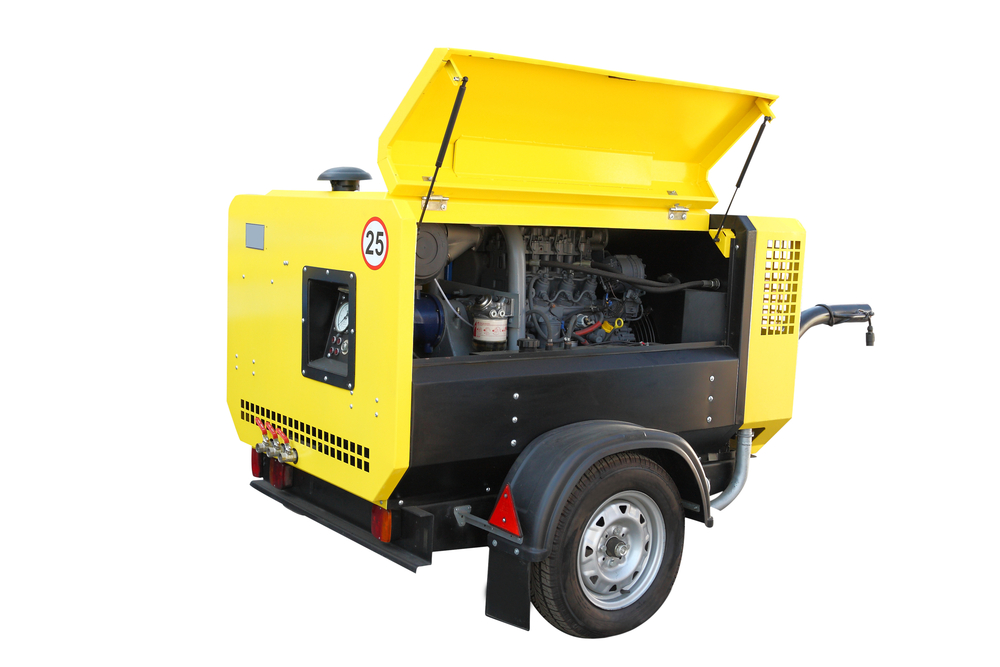Many homeowners and business owners are looking for a way to provide backup power when there is an outage. The two most popular options are batteries and generators. There are many types of backups, but these two have been the preferred option for years. Generators offer more versatility, while batteries usually cost less upfront. Let’s explore emergency backup power from the perspective of each type of device so you can find which one best suits your needs!
How do I make the right decision when choosing a backup power source?
When deciding between a battery and a generator, there are many factors to consider.

Backup power
The first thing to consider is where you will be using your backup power. If it’s in an area that doesn’t have access to natural gas, generators are the only option for emergency power. However, if there is a way to use propane or another fuel source instead of gasoline, batteries can provide plenty of electricity at a lower cost than generators with similar wattage ratings.
Versatility
The next step is finding out which device has more versatility for future needs and provides enough energy when needed most! Generators generally produce much higher watts per hour than batteries do. Thus, they require less storage space since they usually last longer during an outage due to larger tanks. But this also means taking up more physical space around your home or office building.
On the other hand, batteries usually come in smaller sizes and can be used for more than just backup power. They are also portable, so you could easily take them with you when camping or traveling. However, batteries need recharging after each use which is something that generators don’t have to contend with since most of them run off of gasoline.
Noise level
Generators can be incredibly loud even at low wattage levels, and they produce carbon monoxide, which is poisonous if inhaled in high quantities! On the other hand, Batteries are almost entirely silent and don’t pose a risk to your health or safety.
What are my generator and battery options?
There are many different types of generators ideal for backup power. Some models have multiple outlets, so you don’t need to purchase separate devices, but others must be purchased separately, which means more wires and cords around your home or office building.
Generators with inverter technology
These will allow you to keep the lights on during an outage while still having access to AC outlets like standard wall sockets. However, this also means spending more money than simply buying a generator without any special features since they come in smaller sizes suited for only providing basic electricity needs.
Portable generators
If space is at a premium, it might make sense to go with portable options. They usually run off gasoline rather than natural gas, which limits their portability somewhat. However, they are still small enough to be brought along on camping trips or in the back of your vehicle for emergencies.
Generators without inverters
If you don’t need any additional features, then it makes sense to go with a generator that will provide uninterrupted electricity access during an outage. These options usually have multiple outlets, so you can plug in larger appliances like TVs and refrigerators directly into them instead of having separate devices, which increases convenience while decreasing clutter around your home or office building.
What types of batteries should I purchase?
There are many battery options available these days. The three most well-known companies are Tesla Powerwall, LG ChemU & BYD Battery Box which are the leading companies in the industry of solar batteries, they are all working to make a hybrid inverter system.
Tesla Powerwall.
Tesla Powerwall is one of the most popular choices for homeowners who want to switch to Solar, it is an aesthetic grey panel with a sleek design that can fit any household style. The main selling point about the Tesla battery is that it has an inverter built into the battery itself, this means your rooftop doesn’t need another power box or transformer on top of it.
While there is no need for an external inverter, the drawback is that it uses high-quality components hence making it expensive to buy and maintain. Tesla battery works by allowing you to feed power from the solar panels directly into batteries without any power grid involved.
Tesla Powerwall has a capacity of only 14 kWh which would cost $8, 000.
LG Chem RESU.
LG Chem RESU is a low-cost battery option with slightly lower performance than Tesla Powerwall. It is available in different sizes with the smallest one being 9 kWh which will cost around $5, 000.
The larger models are able to power an entire house for 24 hours in cloudy weather, it has an integrated inverter system that makes installation easier.
BYD Battery Box.
This solar battery is aimed at developing countries or people who want to lower their carbon footprint. The batteries are manufactured in China but assembled in Nigeria. It does not require any installation since it comes in the form of a box but its performance is limited when there is no sunshine, compared to other options available on the market.
The BYD battery has no inverter built into the system so converting DC to AC power requires extra equipment that needs to be installed by professionals. The biggest benefit about this option is that it costs cheaper than all other types of batteries.
